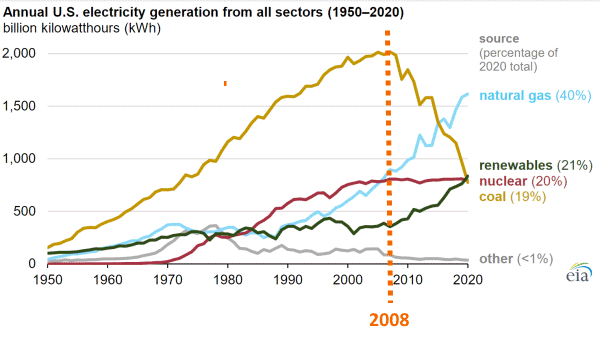GregLocock
Automotive
During one of those conversations with a guy named Phil Gross, we talked about the approximately 15 million new cars sold in the US each year.
I already knew that 15 million number, so I wasn’t surprised when Phil brought it up. I was surprised, however, when Phil told me that there simply isn’t enough lithium on Earth to keep producing cars at anything like that rate and that North American carmakers would soon be facing, “an existential threat” (his words) as they transition to EVs.
Phil should know. He’s the CEO of Snow Lake Lithium, a hard-rock mining operation up in Snow Lake, Manitoba, Canada, and it is quite literally his job to know (or, at least, try to know) precisely how much lithium is out there … and he’s not terribly optimistic.
“Right now, I can tell you precisely how much lithium is being mined in North America, to the ounce,” he says. “Zero,” he makes an “O” with his hand, driving the point home.
We went on to talk about China and South America and how they didn’t want to export lithium to the US, and the relative merits of hard rock mining vs. extracting lithium from brine solutions, but that’s not what stuck with me.
What did stick was this: no matter how you slice it, or where you look for it, there’s not enough lithium to keep up. If the manufacturers and politicians stick to their EV-only plans
It takes 7 years to get a lithium mine up and running. I find it hard to believe there is GLOBAL shortage of lithium, I suspect the real issue is that China (and any other producers) would rather export batteries, not raw materials.
Cheers
Greg Locock
New here? Try reading these, they might help FAQ731-376
I already knew that 15 million number, so I wasn’t surprised when Phil brought it up. I was surprised, however, when Phil told me that there simply isn’t enough lithium on Earth to keep producing cars at anything like that rate and that North American carmakers would soon be facing, “an existential threat” (his words) as they transition to EVs.
Phil should know. He’s the CEO of Snow Lake Lithium, a hard-rock mining operation up in Snow Lake, Manitoba, Canada, and it is quite literally his job to know (or, at least, try to know) precisely how much lithium is out there … and he’s not terribly optimistic.
“Right now, I can tell you precisely how much lithium is being mined in North America, to the ounce,” he says. “Zero,” he makes an “O” with his hand, driving the point home.
We went on to talk about China and South America and how they didn’t want to export lithium to the US, and the relative merits of hard rock mining vs. extracting lithium from brine solutions, but that’s not what stuck with me.
What did stick was this: no matter how you slice it, or where you look for it, there’s not enough lithium to keep up. If the manufacturers and politicians stick to their EV-only plans
It takes 7 years to get a lithium mine up and running. I find it hard to believe there is GLOBAL shortage of lithium, I suspect the real issue is that China (and any other producers) would rather export batteries, not raw materials.
Cheers
Greg Locock
New here? Try reading these, they might help FAQ731-376

![[lol] [lol] [lol]](/data/assets/smilies/lol.gif)
